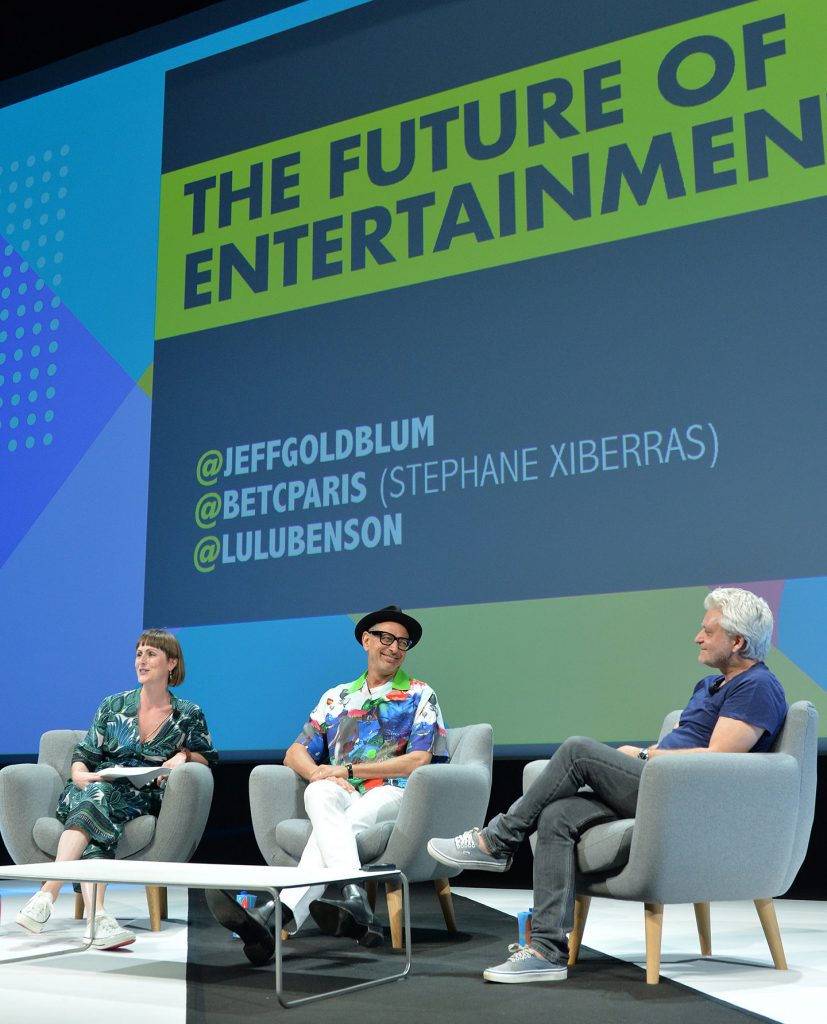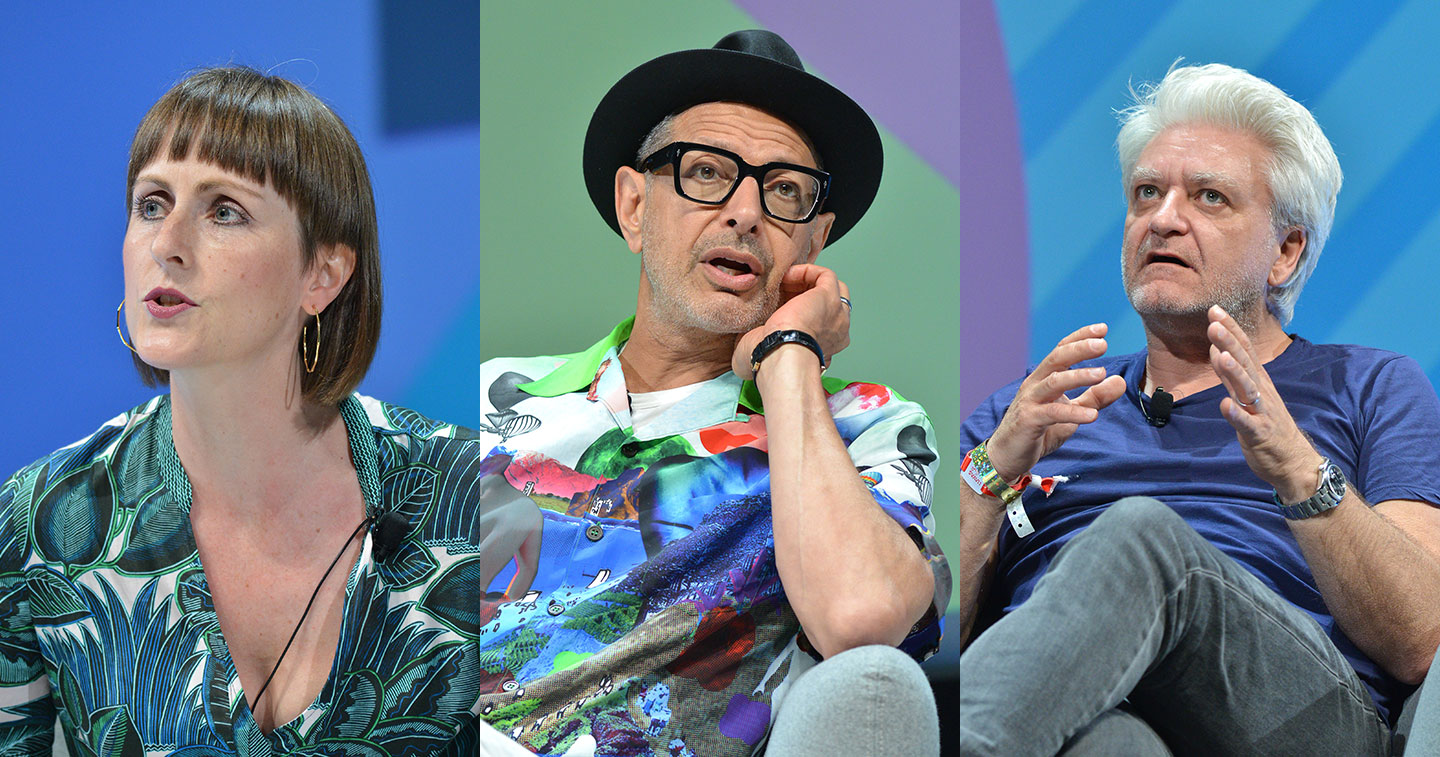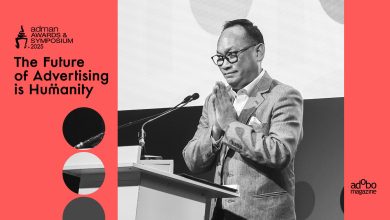By Theda Braddock
One of the most talked-about sessions of Cannes last week was “The Future of Entertainment,” featuring one of the festival’s prominent celebrities, Jeff Goldblum, and BETC’s multi-award winning President and Creative Director, Stéphane Xiberras. In a discussion moderated by Cannes Lions Festival Director Louise Benson, the two shared their insights on recent findings from a Havas/Vivendi study, which polled 20,000 people about the evolution of entertainment.

Goldblum, it turns out, does a lot more than movies. He has a well-rounded creative resume, including 30 years of playing the piano in a jazz band, what he calls a “non-careerist passion”, and credits his parents for encouraging his interest in ballet, art, museums, theater, and music.

For his part, Xiberras is behind some of the biggest campaigns to come out of France over the last decade, including films for Lacoste, Canal+, Peugeot, and Evian, and operations like Louis Delage on Instagram (https://www.instagram.com/louise.delage/?hl=en), and is one of the most buzzed about CDs in the world. A keen gamer, he was eager to share his thoughts on the evolving subsector of entertainment. From Fortnite to other sensational games, playing is more than just an activity to idle time away. According to Xiberras, it has an important impact on creativity as a source of inspiration, a tool to help solve imaginatively, and as a unique way to connect to a target audience. “It’s about imagination. It’s like books. It’s about conversation, it’s a part of the culture. For me Fortnite is more about a social platform than a game,” he explained.
Gaming’s power when it comes to cultural relevance is remarkable since Havas’s survey found that 41% of the Gen-Z population only value entertainment they can talk about. Our social connections are driven by entertainment – memes, lyrics, clothes – and 77% of respondents agree that “In a divided world, entertainment brings people from different cultures and values together.”
Reaching audiences globally through entertainment offers brands and agencies incredible potential but inherent in any opportunity is risk – and when it comes to gamers, you can’t bullshit, says Xiberras. Creatives need to use talent, grace and sincerity and to do so in an entertaining fashion. “If you’re sincere, you can’t cheat,” he promised, likening it to trying to cheat at piano. Otherwise, he suggested, “could you imagine advertising made by our clients?… It could be, maybe sometimes not very sensitive…” a remark received with widespread chuckles and applause.
Entertainment on a broader scale can, and should, be used to make a social difference. Havas’s study revealed that half of respondents and nearly 2/3 of Gen-Z believe it’s important for artists to put social issues at the heart of content they produce. Armed with the power of entertainment, the panel agreed that brands have an obligation to push for social causes. Take Microsoft, which Xiberras praised for its dedication to change by telling brand stories through documentary-style videos like this clip of Robert Downey, Jr. delivering a bionic arm to a paraplegic:
More recently, the brand won big with its Xbox Adaptive Controller, which took home the Grand Prix in Brand Experience & Activation at this year’s Lions.
“Real problems ahead of us need to be solved with global cooperation, whether it’s nuclear war or climate change or technological disruption. We can’t do it nationally, we have to all do it together. And the stories we tell and the images we generate educate, inspire and otherwise focus people on it,” said Goldblum.
About the Contributor

Theda Braddock is an American who lives and works in Paris. She helps agencies develop their communication and promote creativity, and writes for several publications when she has time.








